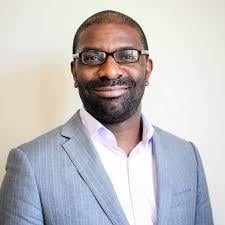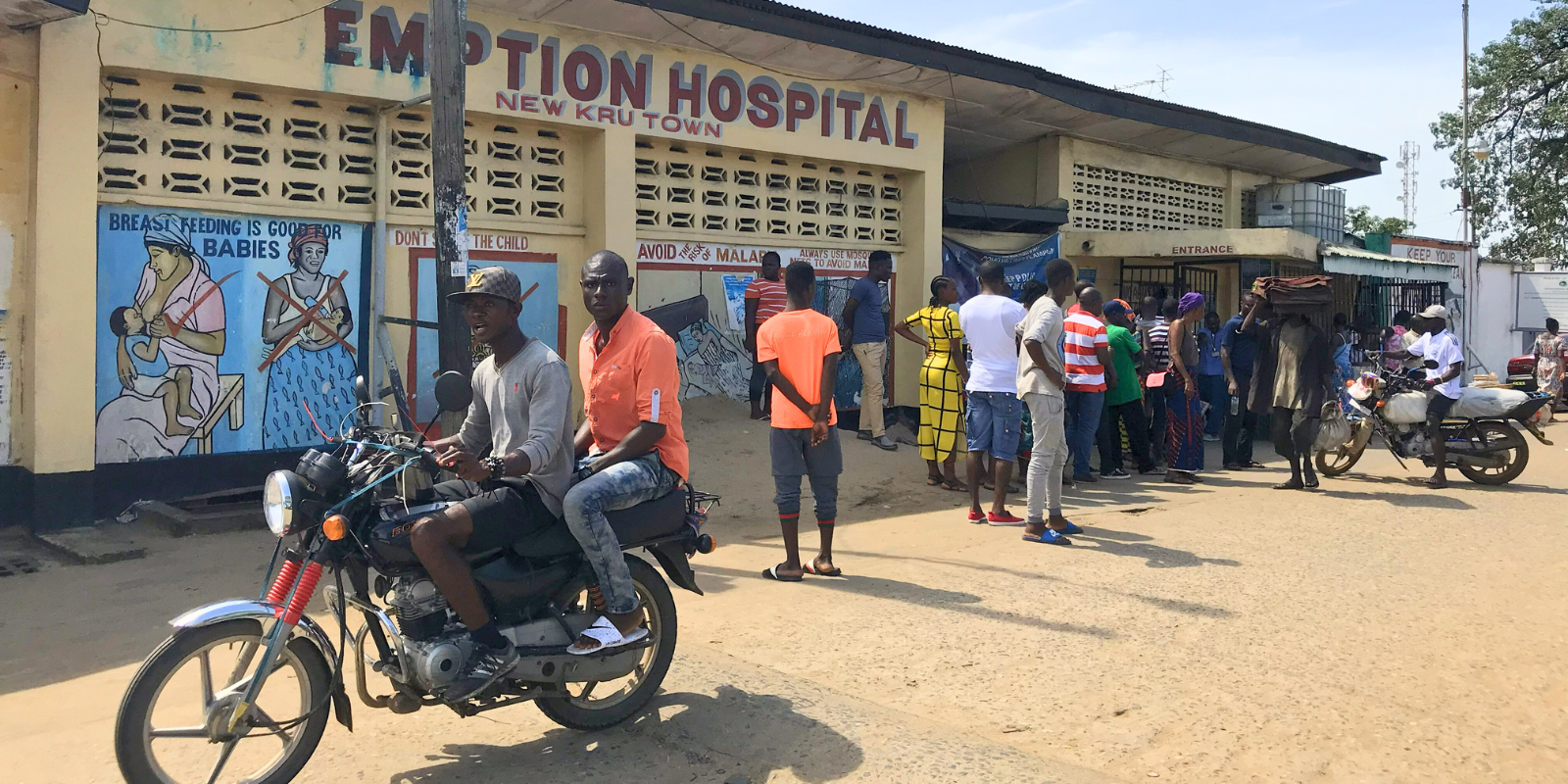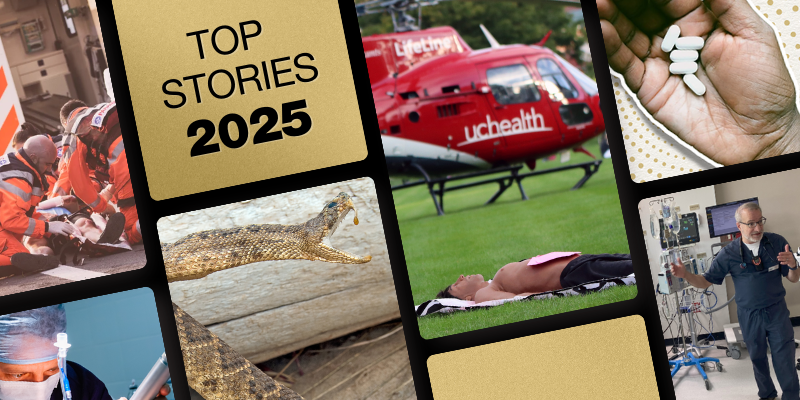The negative impacts of opioids and drug overdoses continue to rise, and toxicologists are helping to lead the way to address the crisis.
“With new nationwide drug crises emerging every few months, working in toxicology feels like a constant swim upstream,” says Christopher Hoyte, MD, MBA, toxicologist and professor of emergency medicine in the University of Colorado School of Medicine.
According to Hoyte, his work along with other toxicologists is focused on more than saving people from overdoses, it’s also about addressing the sociological and societal factors that are targeting young and vulnerable populations.
Through his research and work, Hoyte emphasizes the growing importance of preventing adolescents from poisoning, self-harm, and overdoses. According to the Centers for Disease Control and Prevention, 14% of high school students reported misusing prescription opioids.
Focusing on the number of people who could go on to live a healthier lifestyle after experiencing a drug overdose is what keeps Hoyte motivated in his work as a researcher, professor of emergency medicine, and medical director of the Rocky Mountain Poison Center (RMPC).
“My work on campus and in our community is centered around our primary pillars in the Department of Emergency Medicine: clinical care, innovative research, education, and collaboration,” he says. “Each plays a role in saving lives and combatting our current toxicology issues locally and nationally.”
Tackling current toxicology issues
Opioid overdoses continue to increase each year in the United States, adding to the number of patients emergency departments see every day.
Hoyte is working to develop a product that can predict future overdoses or hotspots in certain communities. Using predictive learning software and data from medical examiners, emergency medical service (EMS) teams, and hospitals, the product will help health care professionals educate vulnerable populations and prepare to administer naloxone more frequently during certain times of year, ideally preventing deaths.
Hoyte explains that one of the newest drug threats is the combination of fentanyl and xylazine, a veterinary sedative known as “tranq dope.”
“Just when you think you’ve got one drug problem under surveillance, another one pops up,” he says. “The predictive tool we’re creating will help us plan for when a new drug crisis hits.”
Hoyte envisions community members being able to use the product, too.
“Outside of hospitals, we’d like to see teachers, church members, and local communities using it down the road, to know what the risks and threats in their communities are,” he says. “We hope that this tool will aid in communities creating strategies to reverse the effects of opioid intoxication and overdose.”
Another trend toxicologists are noticing is an uptick in poisonings among adolescents ages 12-24 that could be related to self-harm.
“There's been a significant rise in self-harm attempts and suicides in Colorado, especially with young girls,” Hoyte says. “This public health crisis shows us how big the role of self-confidence plays in our children’s health. This is an area where toxicologists can use research to make an impact.”
Hoyte emphasizes collaborating with the communities affected to offer more public outreach, education, and public-facing tools to help community members grasp the scope of these national crises and help them take part in preventing deaths.
Leading the future of toxicology
“As physicians, we are beacons for our academic mission,” Hoyte says. “I want to create an environment where future physicians can learn, thrive, and develop, and give our fellows the tools to go out into the professional world and be leaders in their specialties.”
Hoyte’s primary research interest is in sports medicine and toxicology, with the goal of translating the science behind athlete recovery for any patient.
“Whether you’re an athlete or everyday patient I am treating, I don't just want you to recover; I want you to go on to succeed to be the best person you can,” he says. “When someone leaves our emergency department after an overdose, they go home to the same life and environment. I want to find out how to bridge that gap and encourage a safe and healthy future for them. The bridge we need involves education and community efforts, and that starts with our next generation of toxicologists.”
In partnership with RMPC and Denver Health, Hoyte leads the oldest toxicology fellowship in the United States, which began in 1971. He trains residents from emergency medicine, internal medicine, pediatrics, and psychiatry.
The fellowship accepts two new residents a year, for a total of around five per year. The fellows work closely with twenty-eight board-certified medical toxicologists and play an integral role in building “drug takeback programs,” after-school programs, and adolescent drug abuse education programs in communities.
“It’s important for communities to have exact instructions for how to navigate the opioid epidemic and strategize against overdoses,” he says. “Our fellows are working to create guidelines on how to read statistics and act locally. They’ve already worked on projects for communities in Hawaii, Montana, and Nevada.”
The guidelines the fellows are working on will be crucial once the predictive learning project wraps up, he says, and communities will have tools to tackle issues on a more personal level.
“As physicians, we are beacons for our academic mission,” Hoyte says. “I want to create an environment where future physicians can learn, thrive, and develop, and give our fellows the tools to go out into the professional world and be leaders in their specialties.”




